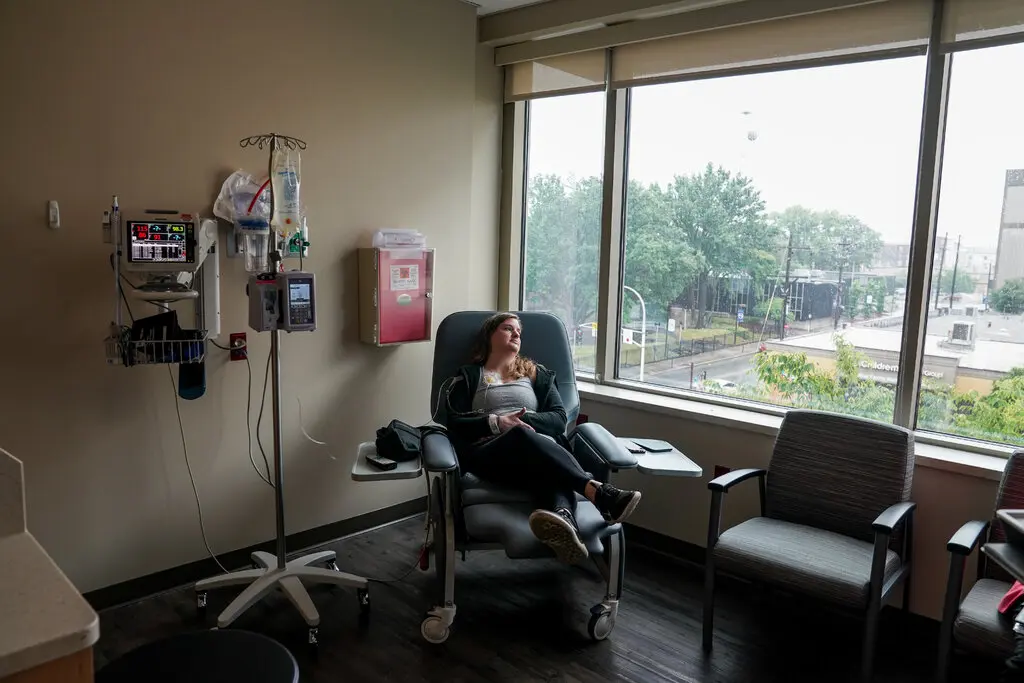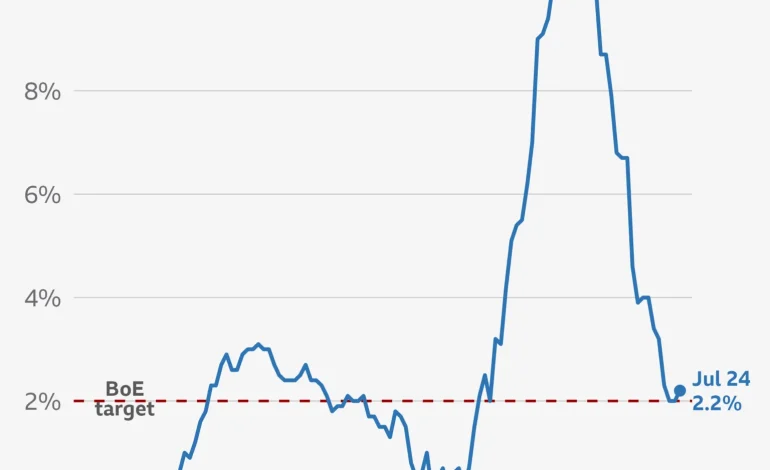The UK’s inflation rate has risen by 2.2% last month for the first time in 2023, slightly exceeding the Bank of England’s target of 2%, which had been in place since May, BBC reports.
The increase, which was widely expected, is primarily linked to gas and electricity prices falling less dramatically than they did a year ago. While this means prices are now increasing faster than in recent months, the rate remains slower than in 2022 and 2023, when households were hit hard by soaring energy and food bills.
Despite the recent uptick, the Bank of England forecasts inflation to climb to 2.75% in the coming months before dipping below 2% next year.
The Bank has been actively adjusting interest rates to combat inflation. Last month, they cut rates to 5% from 5.25% – the first reduction since the start of the pandemic. Higher rates are generally good for savers but can drive up the cost of mortgages and other loans for consumers.
Experts are still projecting further rate cuts this year, with many now suggesting that the Bank will opt for a cut in September. Sanjay Raja, chief UK economist at Deutsche Bank Research, believes that a September cut “should no longer be off the table” and that multiple cuts could occur this year.
However, Ruth Gregory, deputy chief UK economist at Capital Economics, cautions that the latest inflation data “may not alleviate the Bank’s concerns about persistent price pressures entirely.” She insists that the Bank also considers inflation in the services sector when making rate decisions. While prices in this sector slowed to 5.2% in July, this was partly due to volatile fluctuations in airfares and hotel stays.
Despite this, Gregory expects the Bank to cut rates again this year, bringing the main interest rate down to 4.5%.
Lower interest rates could be a boon for businesses, which have faced higher rates and surging inflation in recent years. The prospect of reduced borrowing costs could also stimulate activity in the housing market.
Separate figures released today by the Office for National Statistics show that UK house prices have been rising, although the data predates August’s interest rate cut. House prices rose by 2.7% in the year to the end of June, with the average house price in England now exceeding £300,000.









